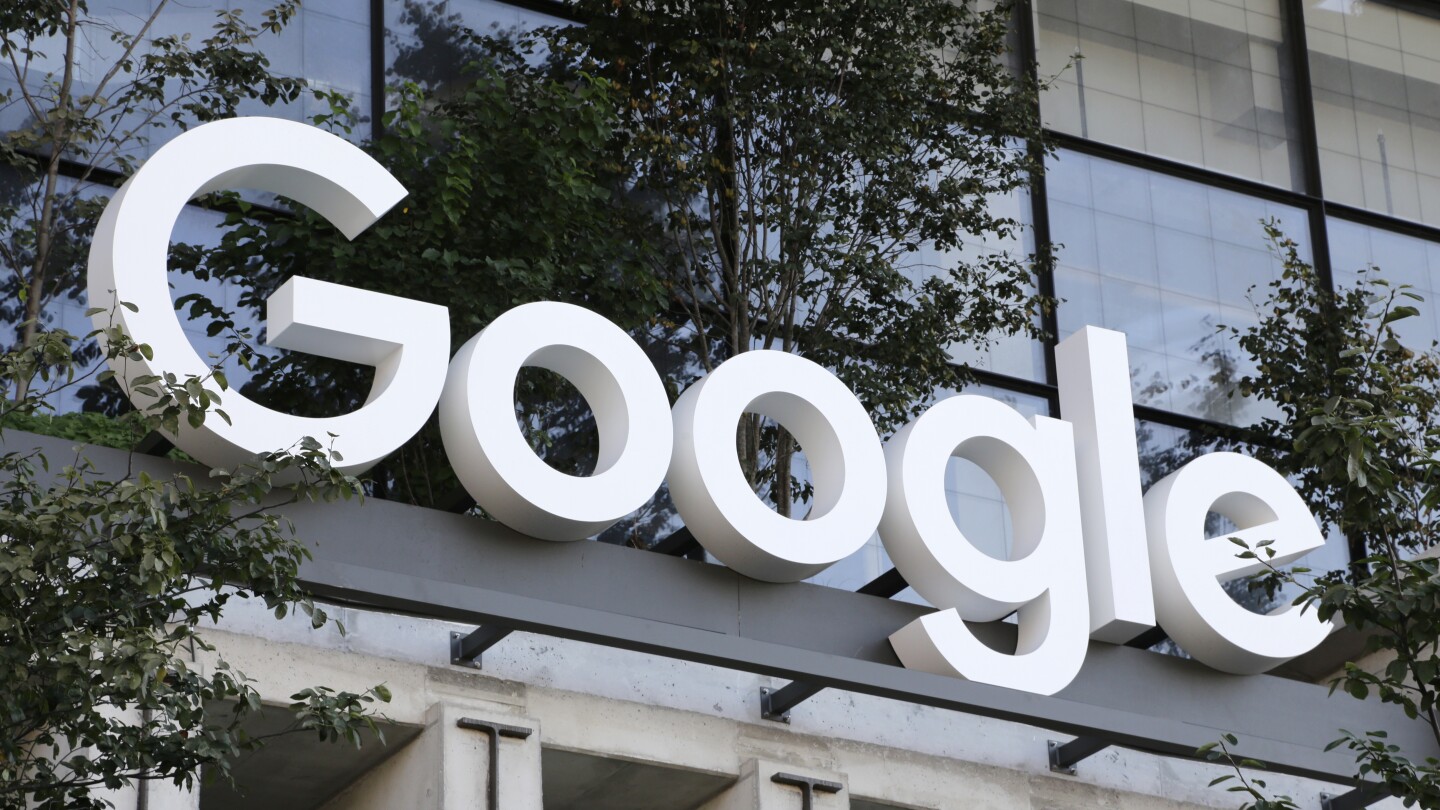If government regulators succeed in defeating Google in the largest US antitrust trial in a quarter-century, they will likely unleash sweeping changes that would undermine the dominance of the search engine that defines the Internet for billions of people.
As the 10-week trial investigating Google’s business practices nears its halfway point, it’s still too early to say whether U.S. District Judge Amit Mehta will side with the Justice Department and try to restrain one of the world’s most dominant technology companies.
If Mehta determines that Google maintained an illegal monopoly on search, the penalty could open up new online ways for consumers and businesses to explore the Internet for information, entertainment and commerce.
“A judge could force Google to open the floodgates so that more startups and other competitors can exert greater competitive pressure on Google, which will create higher-quality online services,” said Luther Lowe, senior vice president of public policy at Yelp. The online business review site has been one of Google’s harshest critics, spending more than a decade fighting a strategy that favors its own services in search results.
Google’s search engine gained its enormous market share by offering people an almost instantly useful collection of the billions of websites that have been indexed since Larry Page and Sergey Brin, former graduate students at Stanford University, developed the technology in the late 1990s.
In addition to its technological prowess, Google also pays billions of dollars each year to ensure that its search engine is the default for answering queries entered on the world’s most popular smartphones and web browsers.
These agreements do not prevent users from switching to a different search engine in their settings, but it is a tedious process that few people care to do. This reality is why Google is willing to pay so much for a privileged position, according to the Department of Justice.
Google’s payments for superiority in search — including an estimated $15 billion to $20 billion annually to Apple alone — are at the forefront of the Justice Department’s case, so a judge would likely block them if they ruled against Google.
If that happens, experts believe the most likely solution in the US would be to require smartphones and web browsers to display a range of different search engines during the setup process. This is something that has already been done in Europe, where everything, so far, indicates that the majority of people are still choosing Google.
That may be because they believe Google is actually the better search engine — Google says in its defense — or because they simply trust the brand more than competing options like Microsoft’s Bing or DuckDuckGo, which are privacy-focused.
Microsoft CEO Satya Nadella testified that Google has an almost hypnotic control over users when he testified this month during the trial.
“You wake up in the morning, you brush your teeth, you Google,” Nadella said. Then he added that the only way to get rid of this habit is to modify the default settings.
If the ruling does not prevent Google’s competitors from paying to run the automatic search engine on smartphones and web browsers, Microsoft could buy Bing’s virtual website, an opportunity that Nadella has indicated he will seize.
“There are default settings; that’s the only thing that matters in terms of changing search behavior,” Nadella testified.
Florian Schwab, an associate professor of information at the University of Michigan, believes the fairest outcome of the trial would be a blanket ban on all pre-established agreements between the two companies.
“The current environment is shaped by architecture designed by the large corporations that control the space,” Schwab explained. “What the government can do is inject some neutrality into this and give consumers some real choice. “Even if people choose to use Google, at least that’s consumer choice, which would be better than letting people stick to the default because they’re conditioned by that default.”
In his testimony during the trial, Apple CEO Eddy Cue said that the company adopted Google as the preferred search engine on iPhones and other products because it provides the best experience for its customers. This situation has raised speculation that if Apple is banned from using Google as the default search engine for the iPhone, it may flex its muscles as the world’s richest company and develop its own search technology.
However, a broad ban on VSAs — which have been highly profitable for Apple and other companies, such as wireless carrier Verizon — could lead to unintended consequences, such as increasing prices for other popular products.
“If Google no longer pays as much money to Apple and other companies, it can raise the prices of its devices,” said David Olson, an assistant professor at Boston University School of Law who tracks antitrust litigation. “I don’t think it will be significant (increases), but we could see some price increases because Google is essentially subsidizing the cost of devices like the iPhone.”
Another consequence of banning default search deals is that Google could still have a dominant advantage in search if people continue to proactively choose it, and the company will have billions of additional dollars to spend on other areas it previously allocated to agreements it hasn’t already made. No need at all.
“Google must think it’s getting a lot out of these hypothetical deals, but maybe they’re not really worth much,” Olson added. “Maybe their cost/benefit analysis is wrong, and they’ll end up making more money and with the same dominance. “That would be ridiculous.”
Although the lawsuit focuses on Google’s search engine, a government victory could have broader consequences across the tech industry if Mehta decides that all default settings are anticompetitive and bans all default settings.
“If one of the outcomes of the trial is a need for more neutral options, this would not only impact Google on Android phones, but could also impact Apple and the iPhone,” Schwab said. “Does this mean that Google phones might have to offer Siri (Apple’s virtual assistant) as an alternative to Google Assistant? Or should Apple devices offer Google Assistant?”
Such a decision would open a crack in the digital wall that Apple has built around the iPhone to give its own software and certain products – such as Siri – exclusive access to the device’s more than 1 billion users, setting the stage for another potential legal battle. .

“Beer enthusiast. Subtly charming alcohol junkie. Wannabe internet buff. Typical pop culture lover.”


:quality(85)/cloudfront-us-east-1.images.arcpublishing.com/infobae/I46OYL7ZBJCF3DAWK66JCZZKKE.jpg)




More Stories
China’s Cape Canaveral is booming, fueled by the lunar mission and space program
NASA revealed the true color of the oceans
Download Hamster Inn 1.1 APK free for Android